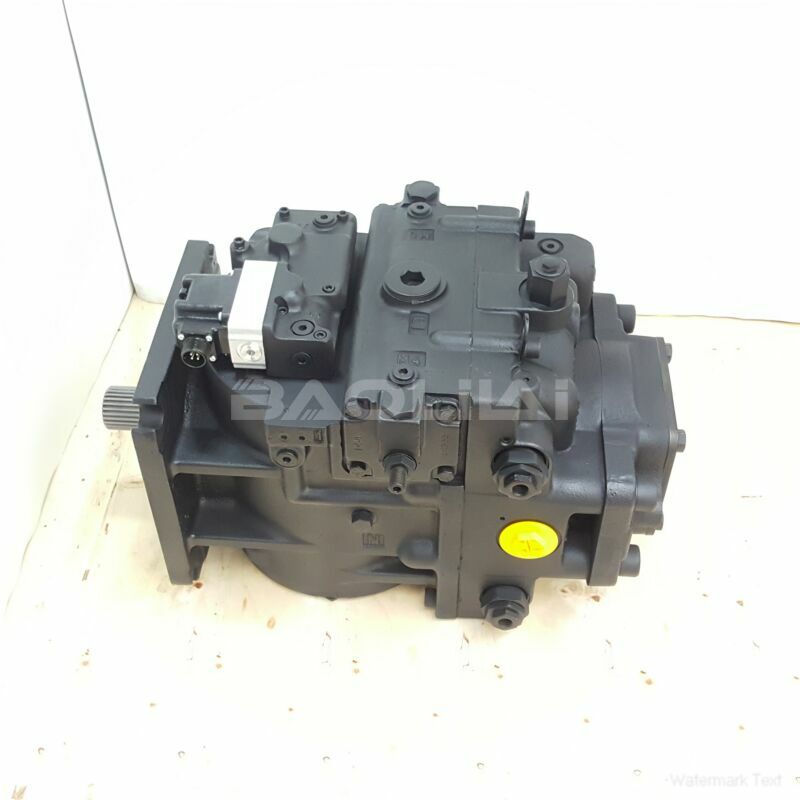90R055MA1AB60S3C6C02GBA424224 danfoss pump
90R055MA1AB60S3C6C02GBA424224 danfoss pump

- Product Details
- Applicable Scene
In the field of precision manufacturing, the necessity for efficient and reliable fluid transfer systems cannot be overstated. Hydraulic pumps play a critical role in the domain of fluid power, providing the essential force needed to facilitate the movement and control of fluids throughout various manufacturing processes. This article explores the significance of hydraulic pumps in fluid circulation and their applications in precision manufacturing.
90-R-055-MA-1-AB-60-S-3-C6-C-02-GBA-42-42-24
90R055MA1AB60S3C6C02GBA424224
Hydraulic pumps serve as the heart of a hydraulic system, responsible for converting mechanical energy into hydraulic energy by pressurizing a fluid—typically oil or another hydraulic fluid. The pressurized fluid can then be directed through a series of hoses and valves to perform work, such as powering machines, tools, and other equipment. The precision and efficiency of hydraulic pumps directly influence the overall productivity and effectiveness of manufacturing operations.

83049740
One key aspect of hydraulic pumps is their ability to provide consistent and controllable fluid power. In precision manufacturing, where exact specifications are crucial, the flow rates and pressures of hydraulic systems must be meticulously regulated. Hydraulic pumps come in various types, including gear pumps, vane pumps, and piston pumps, each offering distinct advantages depending on the specific requirements of the application. For instance, gear pumps are well-suited for high-flow, low-pressure applications, while piston pumps are typically used in scenarios requiring higher pressures and more precise control.
Fluid circulation is another vital function of hydraulic systems in manufacturing. Effective fluid circulation ensures that hydraulic fluid is continuously pumped, filtered, and returned, maintaining optimal operating temperatures and prolonging the life of hydraulic components. This constant circulation prevents contamination and minimizes wear and tear, which is particularly critical in precision manufacturing settings where tolerances are tight and high levels of accuracy are required.





